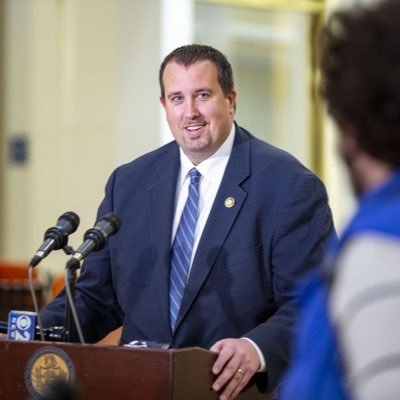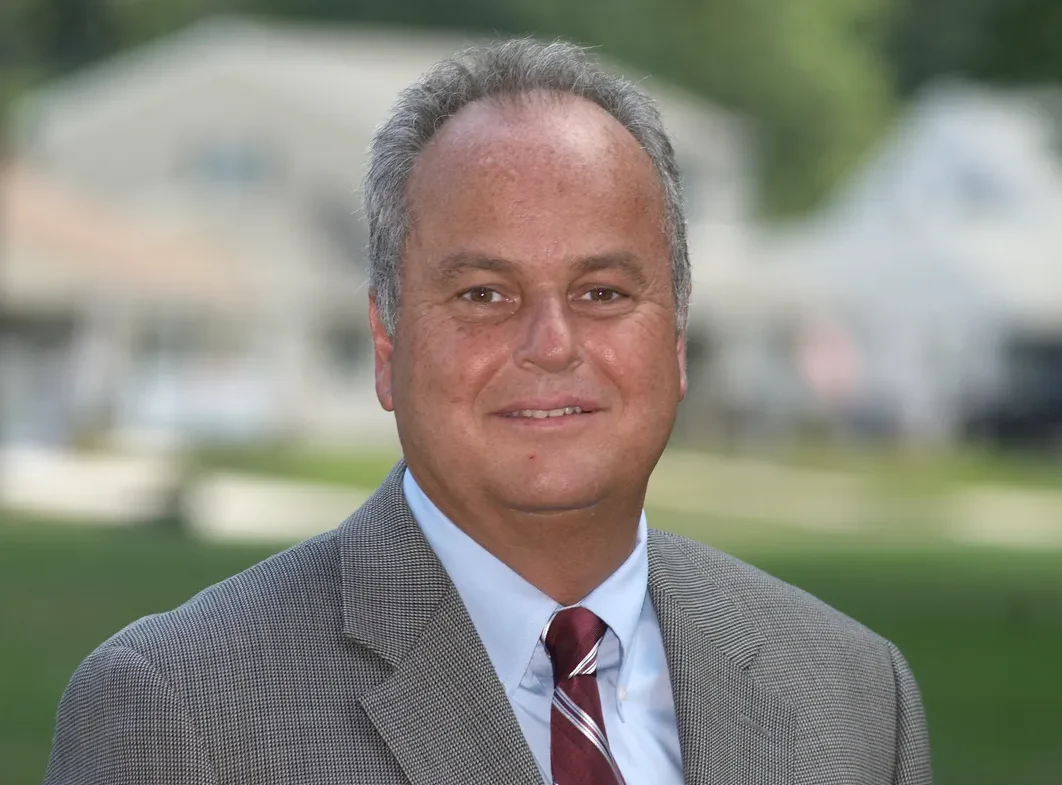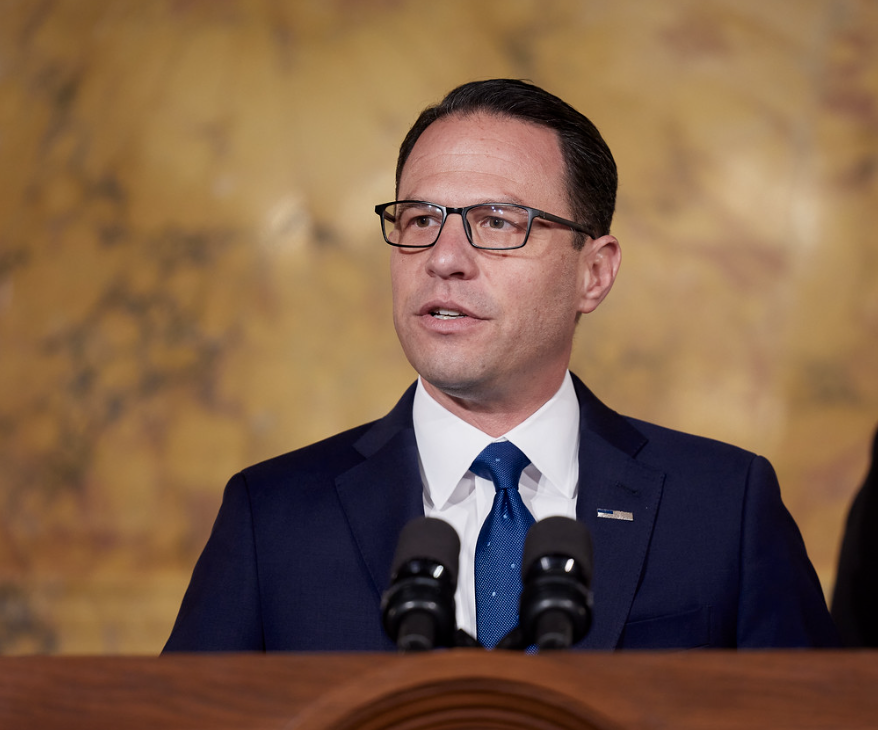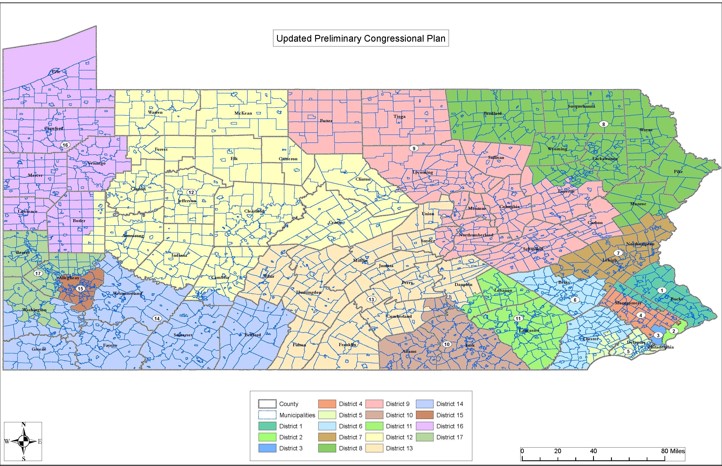Pennsylvanians may soon have to put down that phone and drive. In a bipartisan 124-77 vote Tuesday, the Pennsylvania House passed a law that would allow police to write tickets to drivers yacking on their handheld smartphones instead of paying attention to the road, even if they are not violating other traffic laws. Other nearby […]
Tag: Rep. Seth Grove
Posted inPolitics





